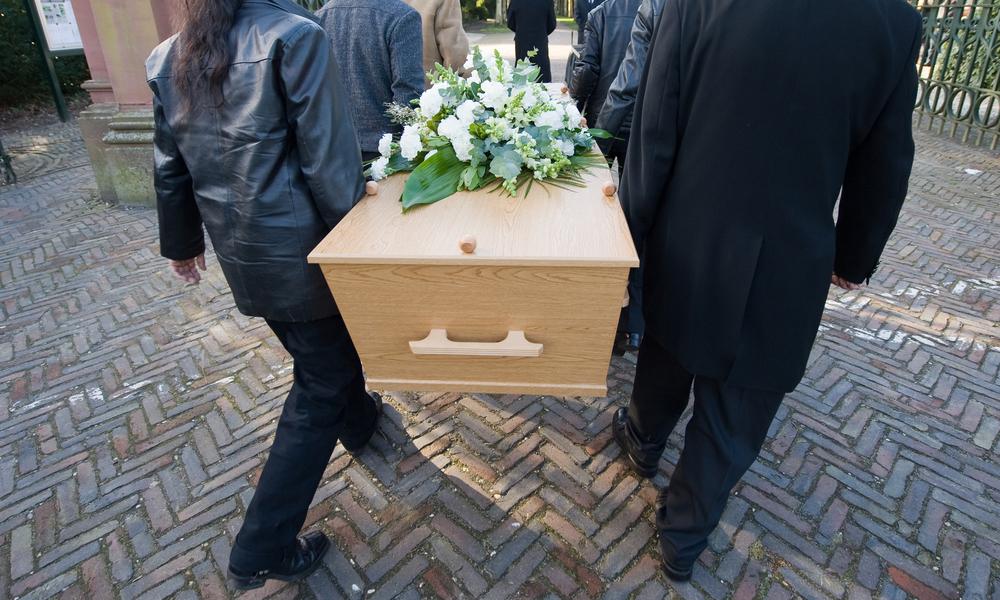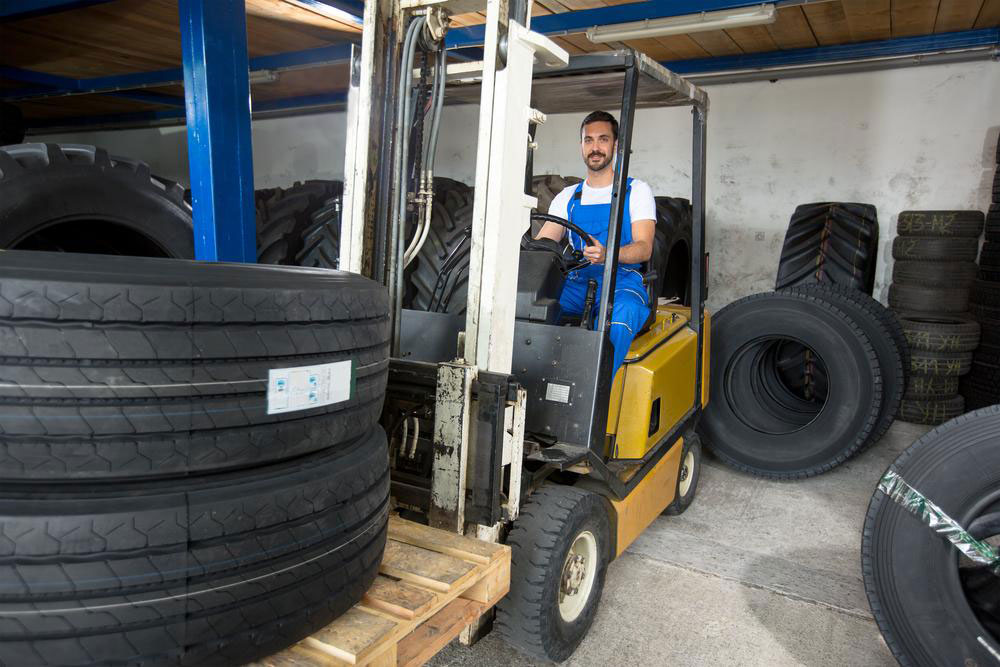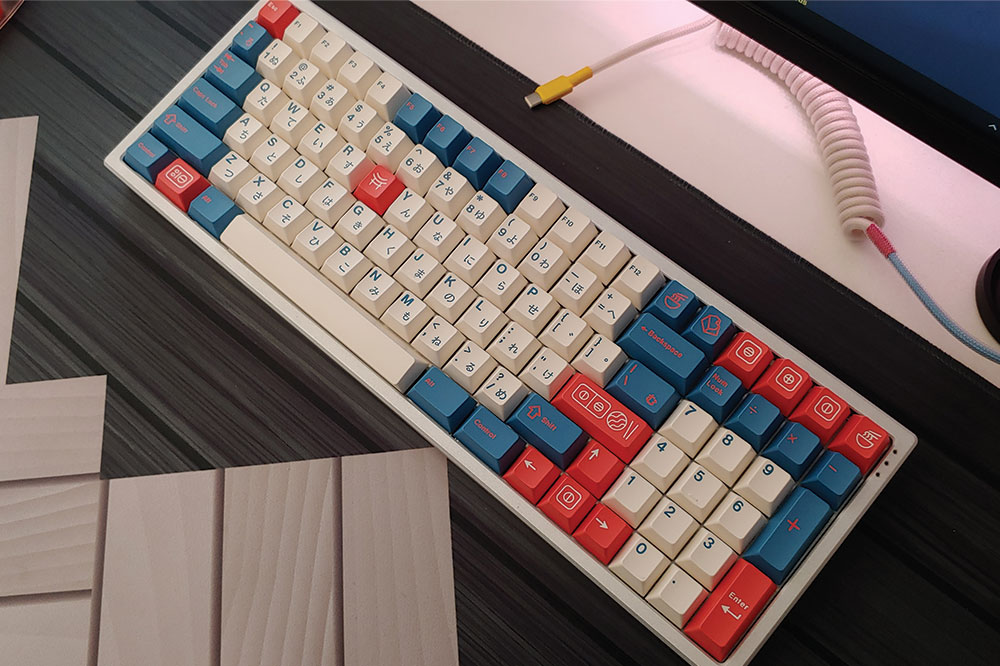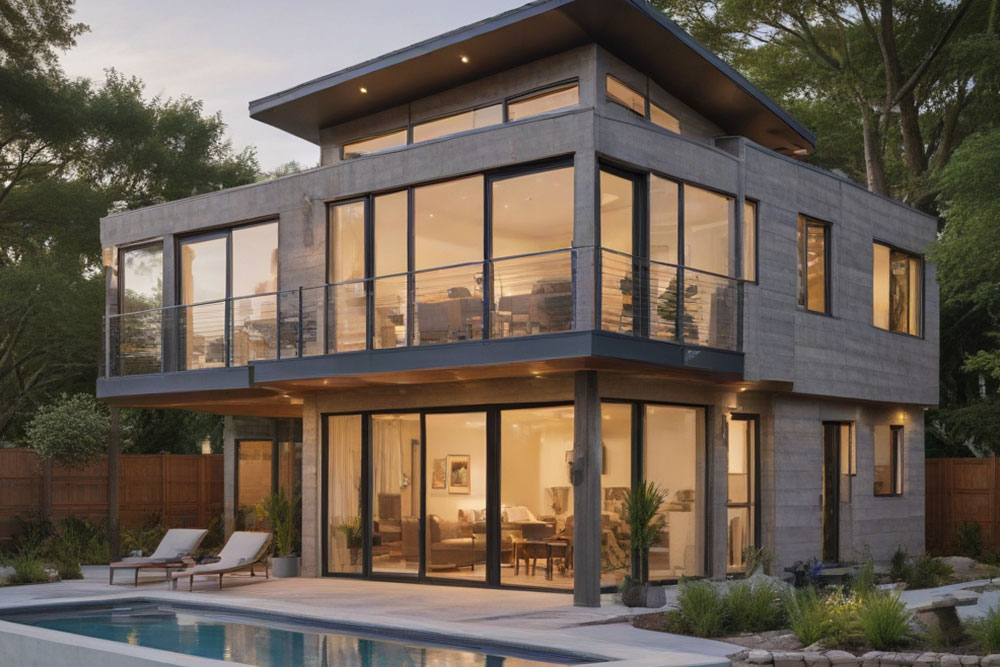Comprehensive Guide to Selecting the Perfect Funeral Casket
Finding the perfect funeral casket involves understanding different materials, styles, and customization options. This comprehensive guide helps families make informed decisions that honor loved ones with dignity, respecting their wishes, cultural practices, and budget. From traditional wood and metal to eco-friendly choices, explore practical tips for selecting a meaningful and cost-effective casket for a respectful farewell.

Comprehensive Guide to Selecting the Perfect Funeral Casket
Choosing the right funeral casket is a crucial step in honoring the memory of a loved one and ensuring that the farewell their family envisions is beautifully and respectfully executed. The process involves careful consideration of various factors, including material, design, budget, and personal preferences. Making an informed decision helps provide comfort and dignity during a difficult time.
Understanding Different Types of Caskets The first step in selecting a funeral casket is understanding the different types available based on the intended funeral service, whether burial or cremation. Typically, if the loved one is to be cremated, a simple wooden or bamboo casket is often chosen. For traditional burials, a wider variety of casket styles and materials are available to suit personal, cultural, or religious preferences.
When considering the type of casket, it’s essential to understand the differences in materials and styles. Caskets can be crafted from various materials, each with its own aesthetic and functional qualities. The most common options include:
Wood: Traditional and classic, available in hardwoods like oak, cherry, and mahogany, or softer woods such as pine and pine veneer. Wooden caskets typically range from affordable to high-end luxury options.
Metal: Known for durability and strength, metal caskets are often made of stainless steel, copper, or bronze. They provide excellent protection and a polished appearance, often preferred for their longevity and ancestor reverence.
Biodegradable: Designed for eco-friendly purposes, these caskets are made from natural materials like bamboo, wicker, or recycled paper and are suitable for green burials.
Alternative materials: Cardboard and cloth caskets are lighter, more affordable, and often used for eco-conscious or budget-sensitive families.
Size is another consideration. Standard caskets generally accommodate adults, but options are available for those requiring larger or specialty-sized models. Dimensions can vary, so consulting with a funeral director can ensure a proper fit.
Personalization and Custom Features Personal touches can make a funeral service more meaningful. Many families opt to personalize caskets with decorative carvings, engraved plates, or painted designs that reflect the loved one’s personality or interests. Some caskets can include additional features such as small drawers for keepsakes, photographs, or memorabilia, allowing families to honor and remember their loved one more intimately. Discussing these customization options with your supplier ensures your wishes are accurately fulfilled.
Think about whether you want to include specific images, symbols, or messages on the casket. Many manufacturers offer limited or extensive customization, from simple engraved names and dates to detailed artwork or religious symbols. These personal touches can add a deeper layer of emotional significance to the service.
Budget Considerations Budget plays a significant role when selecting a funeral casket. The cost varies widely based on the material, design, and customization options chosen. Typically, metal caskets tend to be more expensive due to their durability and protective qualities, often costing between $3,000 and $10,000 or more. Wooden caskets are traditionally more affordable but can also reach high-end prices depending on the material quality and craftsmanship. For those with financial constraints, alternative options such as cloth or veneer caskets provide respectful and affordable solutions, often priced between $200 and $2,000.
It's essential to balance your budget with the desired quality and appearance of the casket. Funeral homes often offer a range of options, and staff can help guide families through choices that align with their financial plans. Remember that choosing a more expensive casket does not necessarily equate to a better remembrance but reflects personal preferences and cultural values.
Most families purchase caskets through funeral homes, where experienced staff are available to assist with selection, explain differences, and handle arrangements efficiently. However, buying directly from casket manufacturers is also an option, often resulting in cost savings. The Funeral Rule, enforced by the Federal Trade Commission (FTC), prohibits mandatory surcharges for casket choices and allows families to purchase from outside sources if desired. This means families can shop around and find quality caskets at competitive prices.
Eco-conscious families may opt for rental caskets used solely for viewing purposes during the funeral service. These rental caskets are typically simple wooden containers designed for display, with the body being transferred into a more basic, environmentally friendly container afterward for cremation or burial. Rental caskets are available at funeral homes and casket retailers, providing an eco-friendly and cost-effective solution for final arrangements.
Making the right choice of a funeral casket involves balancing personal preferences, cultural practices, environmental considerations, and budget constraints. Consulting with experienced funeral directors, exploring various options, and considering personalization can help create a meaningful and respectful farewell for your loved one. Remember, the process of selecting a casket is a significant part of the healing journey and a tribute to a life well-lived.





